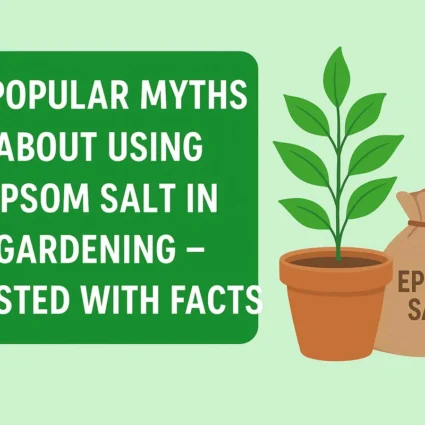
Five Simple Strategies for Prolonging the Blooms of Your Peace Lily Houseplants
Peace lilies, with their elegant white blooms and lush green foliage, are a popular choice for indoor plants. However, once those beautiful flowers fade away, many plant owners are left wondering how to keep them blooming longer. Fear not! With a little care and attention, you can extend the blooming period of your peace lilies and enjoy their beauty for even longer. In this guide, we’ll explore five simple strategies to help you achieve just that.
Five Simple Strategies for Prolonging the Blooms of Your Peace Lily
- Proper Watering
- Adequate Lighting
- Proper Feeding
- Humidity Control
- Pruning and Maintenance
Proper Watering:

One of the most crucial factors in keeping your peace lily blooming is proper watering. These plants prefer consistently moist soil but can suffer if overwatered. To strike the right balance, water your peace lily when the top inch of soil feels dry to the touch. Ensure that excess water can drain freely from the pot to prevent waterlogging, which can lead to root rot and ultimately affect blooming. Additionally, using room temperature water can help avoid shocking the plant and disrupting its blooming cycle.
Also Read This :Blooming Success: Easy Steps for Abundant Rose Buds and Flowers
Adequate Lighting:
While peace lilies can tolerate low light conditions, they thrive in bright, indirect sunlight. Placing your plant near a north or east-facing window where it can receive plenty of filtered light is ideal. Avoid exposing your peace lily to direct sunlight, as this can scorch its leaves. Providing the right amount of light will encourage healthy growth and continuous blooming.
Also Read This :Unlocking the Treasure of Aloe Vera: Grow Your Own for Home Remedies
Proper Feeding:
Regular feeding is essential for maintaining the health and vitality of your peace lily, which in turn supports prolonged blooming. During the growing season (spring and summer), fertilize your plant with a balanced, water-soluble fertilizer every four to six weeks. Dilute the fertilizer to half or quarter strength to prevent overfeeding, which can lead to salt buildup in the soil. In the dormant season (fall and winter), reduce feeding frequency to once every two to three months to accommodate the plant’s slower growth rate.
Also Read This :Exploring Home Gardening: Choosing Your Perfect Garden
Humidity Control:

Peace lilies are native to tropical regions and thrive in high humidity environments. Indoors, however, the air can become dry, especially during the winter months when heating systems are running. To mimic their natural habitat and promote blooming, increase the humidity around your peace lily. You can achieve this by placing a humidifier nearby, grouping plants together to create a microclimate, or placing a tray filled with water and pebbles beneath the pot. Misting the leaves occasionally can also help boost humidity levels.
Also Read This :Selecting the Right Grass Varieties for Tree-Lined Areas
Pruning and Maintenance:
Regular pruning and maintenance play a vital role in keeping your peace lily healthy and blooming profusely. Remove any yellowing or dead leaves promptly to prevent the spread of disease and redirect the plant’s energy towards blooming. Additionally, periodically check for pests such as spider mites and aphids, which can infest peace lilies and hinder blooming. If pests are detected, treat the plant with insecticidal soap or neem oil according to the manufacturer’s instructions.
Also Read This :DIY Guide: Crafting Neem Khali Fertilizer in Your Home Garden
By following these five simple strategies—proper watering, adequate lighting, proper feeding, humidity control, and pruning—you can prolong the blooming period of your peace lily houseplants and enjoy their beauty for months on end. Remember to observe your plant closely and adjust your care routine as needed to ensure optimal health and blooming. With a little love and attention, your peace lilies will reward you with continuous blooms and vibrant greenery year-round.




